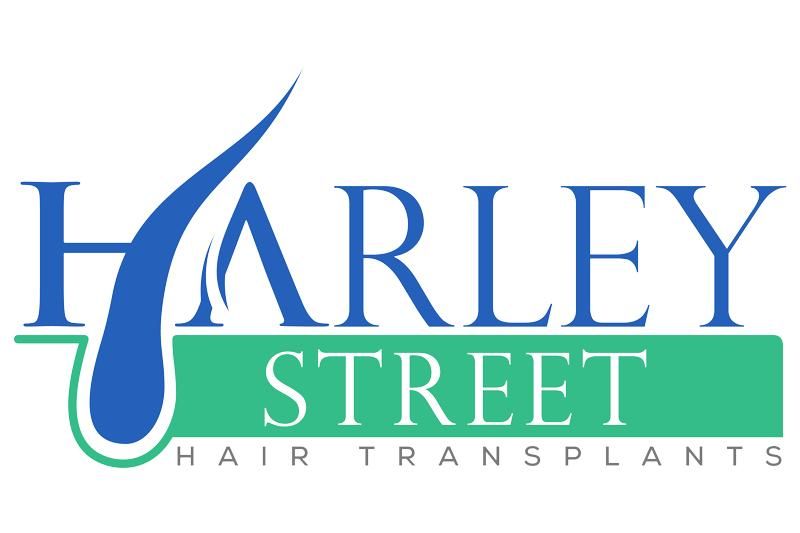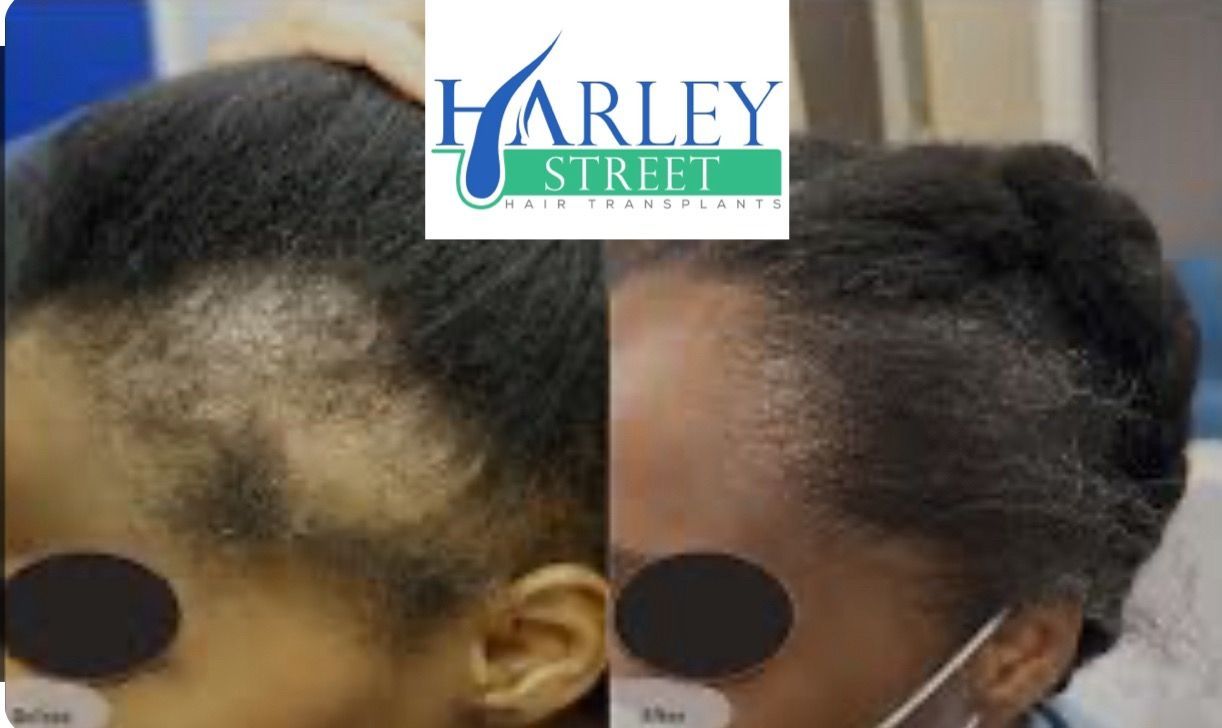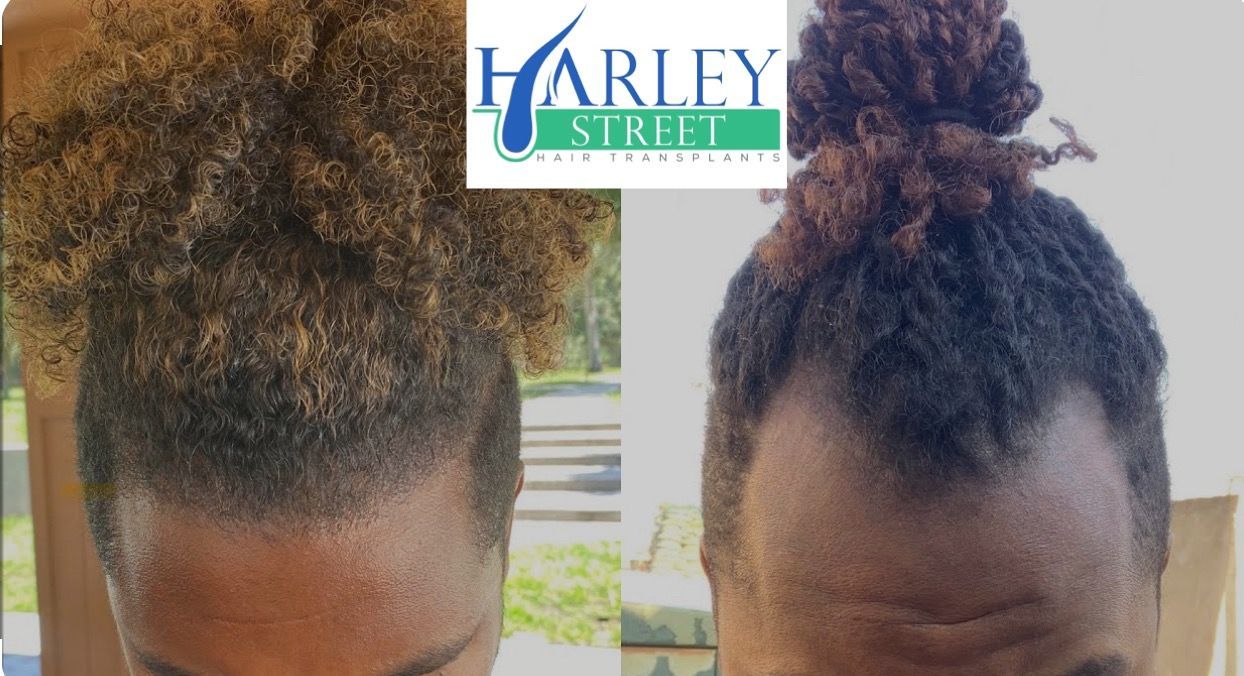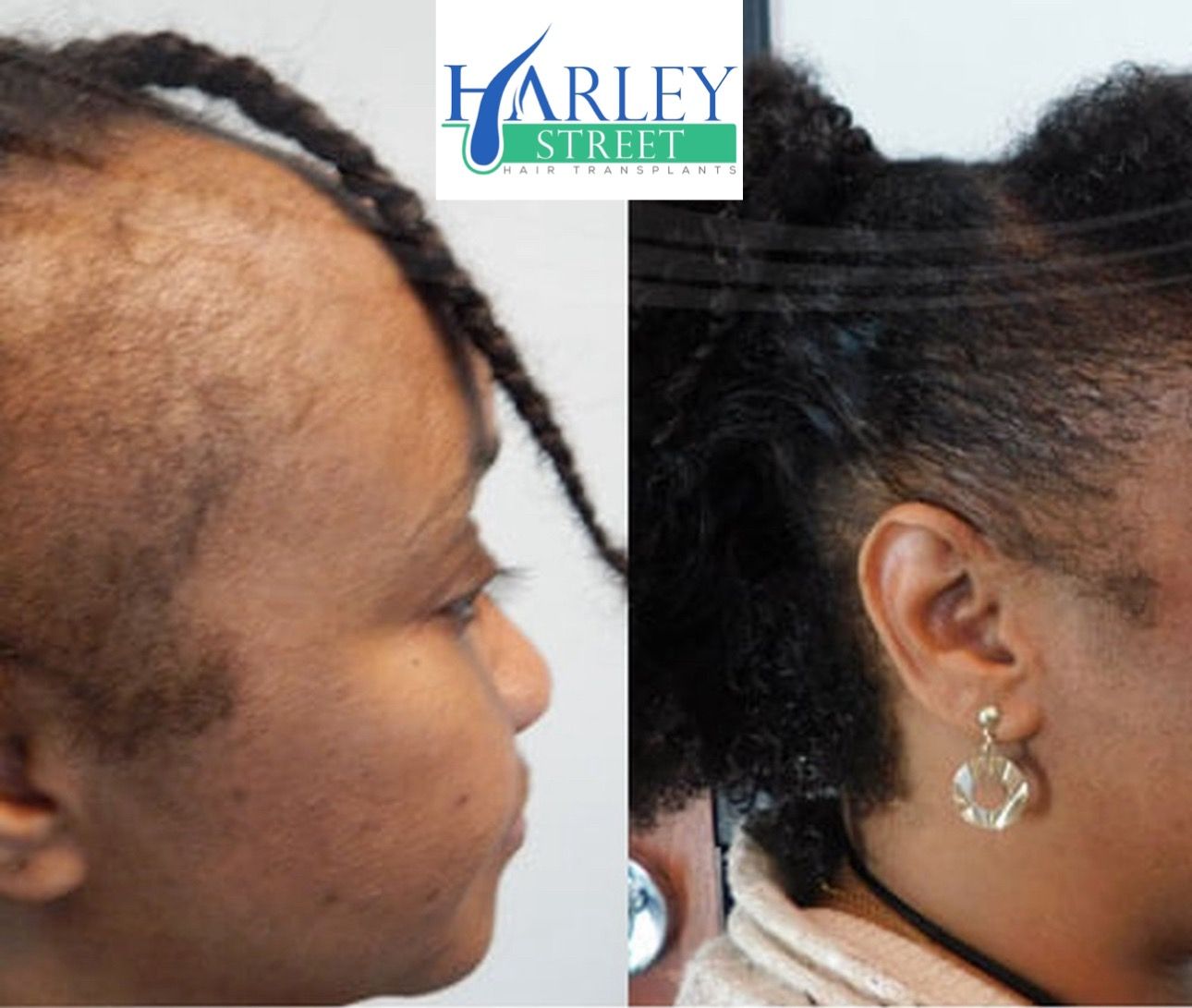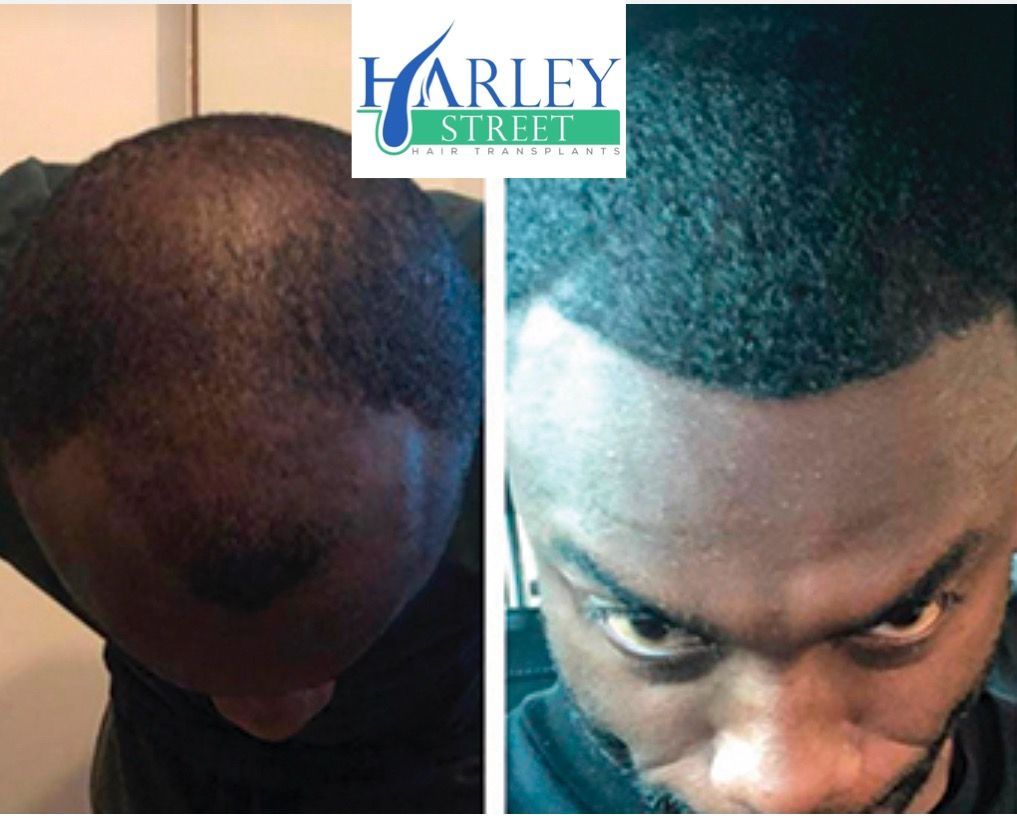Afro Hair vs Straight Hair: What You Need to Know Before Your Hair Transplant in Liverpool
Before discussing afro hair transplants, it’s important to understand what makes afro hair different from straight hair — and how those differences influence the surgical approach.
Afro hair requires a specialised extraction technique to protect the curl pattern beneath the skin and ensure strong, natural regrowth. At Liverpool Hair Transplant Clinics, our surgeons are highly experienced in performing afro hair transplants with precision and care.
Understanding Afro Hair: The Key Differences
Afro hair originated predominantly among populations in Central Africa and is characterised by a tightly coiled or helical follicle shape. This angled follicle gives afro hair its dense, voluminous appearance.
Unlike straight or Asian hair types, afro hair roots curl beneath the skin. This curvature makes it unique — and means that traditional transplant methods must be adjusted to prevent follicle damage during extraction.
Types of Afro Hair Suitable for Transplant
All afro hair types are suitable for transplantation, but the procedure must be tailored to each specific curl pattern. Hair surgeons generally categorise afro hair from Type A to C, depending on the degree of curl beneath the skin.
Afro Curly Hair (Type A)
Tightly coiled or frizzy hair offers exceptional volume but requires precise handling. Curly follicles are thicker and more curved, which makes extraction more time-consuming.
✅ Benefit: Greater density means fewer grafts may be needed, potentially lowering your overall transplant cost.
Afro Wavy Hair (Type B)
Wavy afro hair falls between curly and straight. It’s easier to extract than Type A but still retains body and texture, producing a soft, natural look after transplantation.
Afro Straight Hair (Type C)
Straight afro hair has minimal curl and thinner follicle roots, making it the easiest to extract and implant.
✅ Benefit: Often simpler to wash and maintain during aftercare.
Note: People with curlier hair may be slightly more prone to keloid formation — small raised scars that can appear after healing. If you or a family member have had keloids before, let our medical team know during your consultation so we can tailor your aftercare plan.
Are Afro Hair Transplants Suitable for Men and Women?
Absolutely. At Liverpool Hair Transplant Clinics, we perform afro hair transplants for both men and women with excellent success rates.
- For Men: The most common cause of hair loss is male pattern baldness (androgenetic alopecia), a hereditary condition that can begin as early as the mid-20s.
- For Women: Hair loss often results from traction alopecia — caused by tight hairstyles such as braids, dreadlocks, or weaves that place stress on the scalp over time.
Whatever the cause, our clinic provides a bespoke treatment plan designed to restore natural growth, confidence, and style.
Common Causes of Afro Hair Loss
Androgenetic Alopecia
This hereditary form of hair loss affects both men and women and follows a predictable pattern. Once follicles have miniaturised, only a hair transplant can permanently restore density.
Traction Alopecia
Frequent tight hairstyles can cause traction alopecia, leading to permanent thinning around the temples and edges. Suitability for transplant depends on donor hair availability, which our surgeons will assess during consultation.
Alopecia Areata
An autoimmune condition that causes small, coin-sized patches of baldness. While usually temporary, it is not suitable for transplantation until the condition stabilises.
Afro Hair Transplant at Liverpool Hair Transplant Clinics
Our afro hair transplant procedures start from £4,000, depending on your goals, hair type, and graft requirements.
FUE (Follicular Unit Extraction)
The FUE technique is the modern gold standard for hair restoration. Our team carefully extracts individual follicles using micro-punches (0.8mm–1mm), protecting the delicate curl pattern beneath the skin.
The follicles are then meticulously implanted into thinning areas to recreate natural density and direction.
What to Expect During Your Afro Hair Transplant
- Anaesthetic & Preparation — You’ll receive a local anaesthetic for comfort throughout the procedure.
- Extraction — Hair follicles are removed in groups of 1–4 grafts using a micro-punch technique.
- Sorting & Implantation — Grafts are sorted and implanted into the recipient area — single hairs at the front, multiple follicles further back for volume.
- Healing & Recovery — Tiny punctures heal quickly, with recovery usually taking 6–7 days.
Afro Hair Transplant Aftercare
Aftercare is vital to protect your results. Every patient receives a comprehensive aftercare package including:
- Saline spray
- Neck pillow
- Special post-transplant shampoo
- Antibiotics (if required)
You’ll also receive detailed washing and care instructions to follow for the first two weeks.
Afro Hair Transplant Costs
Costs vary depending on the size of the area and number of grafts required. Here’s a guide:
Procedure Type Grafts Required Estimated Cost Mild Temple Recession 500–800 £4,000–£4,500 Moderate Recession 800–1,200 £4,500–£5,500 Full Frontal Afro Hairline Rebuild 1,200–3,000 £5,500–£7,000
Your surgeon will provide a personalised quotation after your assessment.
Possible Side Effects and Considerations
Keloid Scarring
Some patients may develop small raised scars. These are rare and can often be prevented with the right surgical approach and aftercare.
Extraction Challenges
Because afro follicles curve beneath the skin, extraction requires a highly experienced surgeon. Our team in Liverpool specialises in advanced techniques to preserve follicle health and maximise survival rates.
Patient Care and Results
At Liverpool Hair Transplant Clinics, we pride ourselves on long-term patient support — before, during, and after your procedure. Our patients consistently praise our personalised approach, expert care, and the natural-looking results we achieve.
Patient Testimonials
